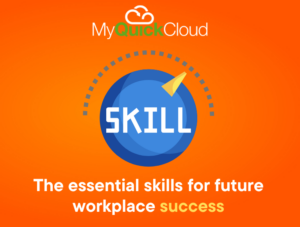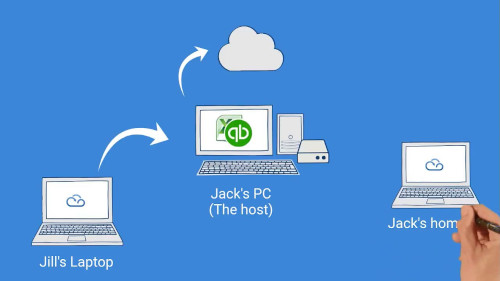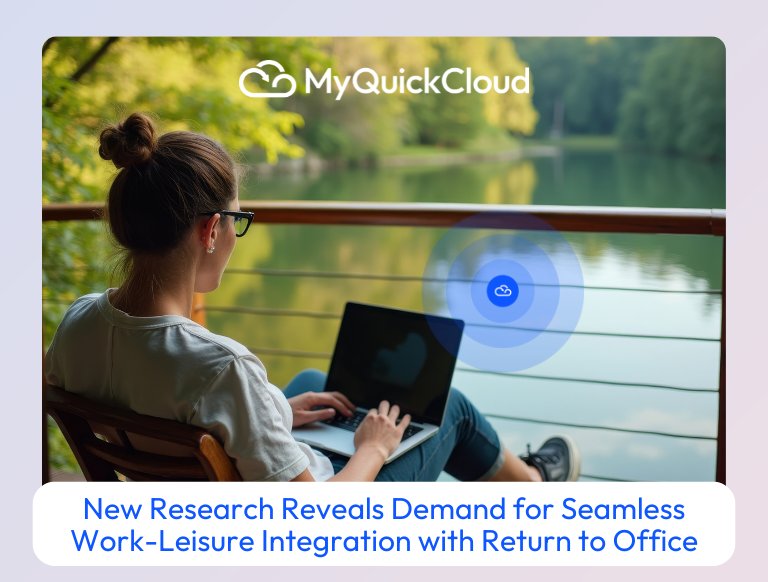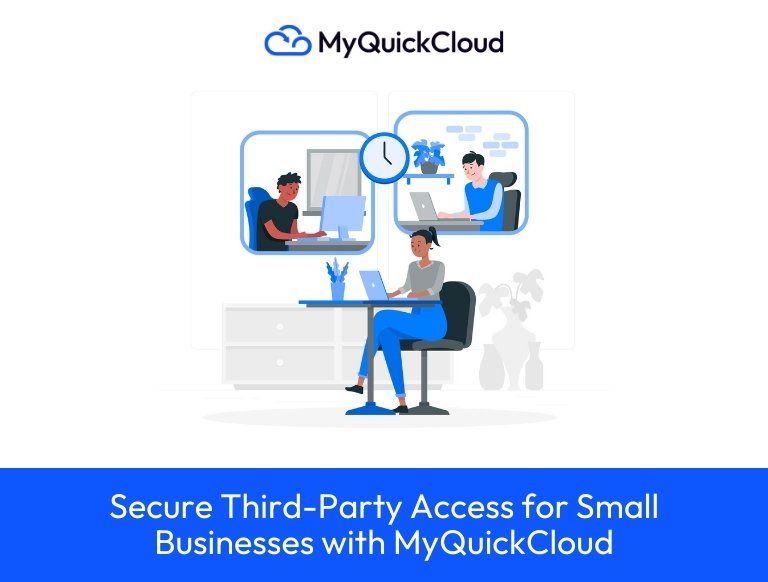A rapid transformation of our work is being brought about by digital technologies.
There is no doubt that some of the most in-demand occupations of the next decade are still in their development stages.
Dell commissioned a report predicting that 85 percent of jobs in 2030 haven’t even been invented yet.
Researchers are trying to understand what this means for the skill-sets we’ve developed throughout our education. Are the skills developed by people entering the workforce a decade ago still relevant today? If they aren’t, how can we adapt?
People are concerned about the potential obsolescence of their employment and what can be done to prevent it. The McKinsey Institute has identified over 50 “foundational skills” that will help people thrive in the future.
1. Managing uncertainty
Businesses seeking top-quality employees have always prioritized adaptability. The past 18 months have proven just how crucial it is to stay calm in the face of changing work environments and challenges.
The COVID-19 pandemic may be coming to an end, but businesses will be looking for those who made the most of those unprecedented circumstances. They were able to cope with day-to-day work patterns without allowing them to distract them from fulfillment on a personal and professional level.
We understand that the nature of our global situation hasn’t always made this possible. You can handle problems that evoke even a fraction of the uncertainty you encountered in COVID-19.
Your future employers will appreciate your little victories, regardless of whether you were part of a huge office that adapted to home working or a small team that collaborated internationally.
2. Identifying biases
Everyday technology is often built on unconscious algorithmic or societal biases that uphold harmful stereotypes without us realizing it.
In the US healthcare system, researchers found that an algorithm used on more than 200 million hospital patients favored white people over black ones when it came to providing extra medical care.
AI is constantly being used to find ways to even the playing field, but this isn’t foolproof since AI is part of the problem in the first place. As humans, we bring value to this process in our everyday work because we have an active understanding of these issues and can use compassion to change things in a way that technology can’t.
When you understand how these beliefs can creep into the things we make and use, you are showing future employers that you are aware of one of the biggest challenges facing technology today.
3. Digital fluency
This is an obvious choice for those seeking high-paying, stimulating jobs. McKinsey found that digital prowess is the strongest indicator of high-quality education.
While employment rates and salaries in tech-related fields remain high, you should make sure you’re able to navigate the digital programmes relevant to your field and use them to their full potential.
For decades, most office work has been performed using digital programmes and information systems. Information systems knowledge, cloud collaboration platforms like Slack and GSuite, and computer programming literacy can all help you stand out among a sea of people with limited, outdated digital knowledge.
4. The ability to be self-aware and self-managed
When asking for help and when helping others, we should understand our strengths and weaknesses.
It will enable your future boss to understand what you will contribute to the team. Never over-promise and under-deliver on something that isn’t within your comfort zone. You will be remembered for your knowledge of relevant subject areas if you have an opportunity to dazzle people.
Employers are ultimately responsible for implementing these skills – the McKinsey report connects them to ideals like integrity, and understanding emotions and boundaries. In order for this to happen, employees need the space to do so, which is not possible without the right culture at work.
5. Cybersecurity literacy
McKinsey cites digital fluency as one of the essential skills. By using digital platforms to search, create and use content, we become more aware of the value of data and why it needs to be protected.
Data protection is of increasing importance to legislators and erodes trust if it isn’t honored. Companies have an ethical and financial responsibility to protect user data. As a result of Europe’s largest GDPR data breach last year, Amazon was fined €746 million.
We often sign away data through caches and cookies without realizing what this means. Understanding why it is important and what structures leave it vulnerable to harm will become increasingly relevant to a wide range of fields.
6. Creating a synthesis of different messages
It is not uncommon for workers undertaking daily research-intensive tasks to feel overwhelmed by information.
In examining the “frightening levels of worker burnout,” especially among Millenials, researchers found a connection between high levels of stress and anxiety and endless messages that are often unreliable and unreliable.
As a way to demonstrate critical thinking and communication strengths, “synthesising” different messages has become increasingly desirable for a variety of industries. You can draw comparisons and differences by pulling contextual information you already know and pairing it with new ideas.
Most jobs require critical thinking, and it will continue to be a requirement as misinformation becomes more prevalent.
7. The entrepreneurial spirit
Having a side hustle or two is actively encouraged by proponents of secondary incomes in this day and age. We don’t recommend this approach (see the above segment about millennial burnout).
In your main job, you should rather employ entrepreneurial values to stand out as someone who isn’t afraid to take risks, moving away from the idea that future jobs will require us to be mindless robots.
Exploring new ideas, breaking orthodoxies, and displaying genuine energy and passion are all ways to embody this. In start-up culture and in wider technology, some of the biggest and most profitable successes have come from breaking the rules.
The dating app Bumble saw a gap in women’s dating experiences and now turns over €310 million every year. Arrival was frustrated that London transport wasn’t reducing CO2 emissions enough and raised €367 million to do so. There is no end to the list.
Although it might seem absurd, consider this: companies built on the back of exciting ideas tend to hire thousands of people who are like-minded.
8. Having self-confidence
In roles that produce high incomes and job satisfaction, McKinsey ranked self-belief as one of the top three desirable skills. Many of us are not confident in our abilities because we are in jobs that demotivate us or strain us into thinking we aren’t right for the job.
Tech-integrated working is often touted as a positive because it will make mundane and stressful aspects of our jobs easier. By following this logic, we will be able to explore careers in directions we had not previously considered. That is, if we are willing to take advantage of those opportunities.
It was revealed in 2014 by HP that women tend to apply for jobs only if they meet 100 percent of the requirements, whereas men will take a chance if they meet just over half.
According to Tara Sophia Moir of the Harvard Business Review, “the statistic shows that not everyone is playing the game that way.”
A missed opportunity will be taken advantage of by someone else if you don’t make the most of it. There is no sign of a slowdown in the job market. Don’t be afraid to stand up for yourself and want others to do the same.





